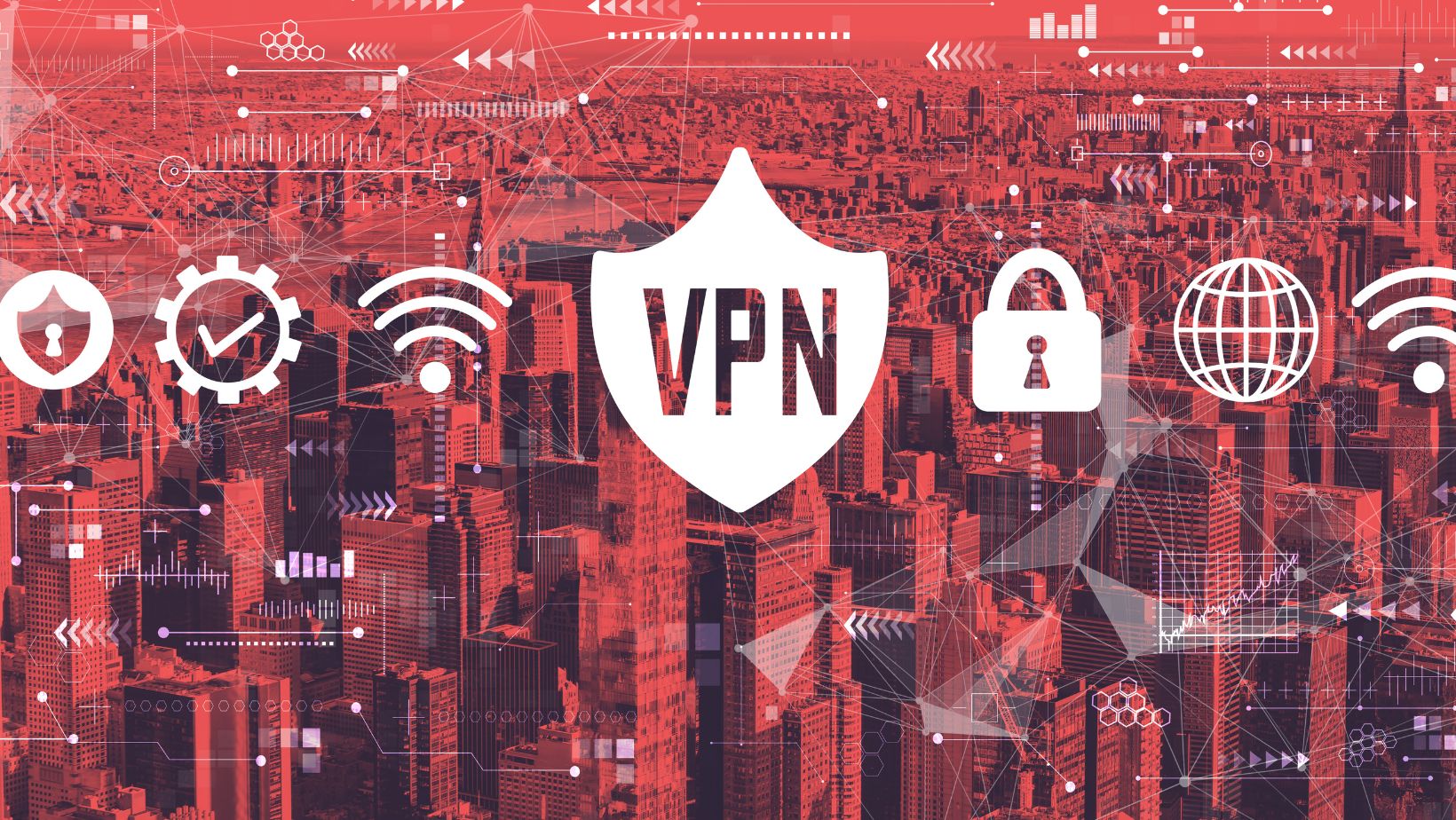
In today’s interconnected world, the internet is not just a luxury but a necessity. As we increasingly rely on online platforms for work, entertainment, and socializing, the need for secure and private internet access has become paramount whether it’s for securing sensitive work documents, ensuring private browsing, or even safely accessing your TonyBet login for a leisurely evening of online gaming. This is where Virtual Private Networks (VPNs) come into play. A VPN is a service that creates a secure, encrypted connection over a less secure network, such as the public internet. In this comprehensive guide, we will walk you through the steps to choose and install the best VPN for your needs.
Understanding VPNs
Before diving into the selection process, it is crucial to understand what a VPN is and how it works. At its core, a VPN serves two primary purposes:
- Enhancing Security: By creating an encrypted tunnel for your data, a VPN ensures that your online activities are hidden from prying eyes, including hackers, governments, and even your own Internet Service Provider (ISP).
- Preserving Privacy: A VPN masks your IP address, making it difficult for websites and online services to track your location and online behavior.
Assessing Your Needs
The first step in choosing a VPN is to assess your needs. Ask yourself the following questions:
- Why do I need a VPN? Are you looking to secure your connection on public Wi-Fi, bypass geo-restrictions, or maintain privacy from your ISP?
- What devices will I use it on? Ensure the VPN you choose supports all the devices you intend to use it on.
- How much am I willing to spend? Determine your budget. While there are free VPNs, they often come with limitations and security concerns.
- What features are important to me? Consider aspects like kill switches, the number of simultaneous connections, server locations, and customer support.
Evaluating VPN Providers
With your needs in mind, it’s time to evaluate VPN providers. Here’s what to look for:

Security Features
- Strong Encryption: Look for services that offer AES-256 encryption, currently the industry standard.
- No-Logs Policy: Ensure the provider has a strict no-logs policy, meaning they don’t track or store your online activities.
- Kill Switch: This feature disconnects you from the internet if your VPN connection drops, preventing data leaks.
- DNS Leak Protection: This prevents your DNS requests from being exposed to your ISP.
Performance
- Server Locations: More server locations mean more options for geo-spoofing and typically better speeds.
- Speed: A quality VPN should have minimal impact on your internet speed.
- Bandwidth Limitations: Opt for providers offering unlimited bandwidth to avoid throttling.
Usability
- User-Friendly Interface: The VPN should be easy to install and use, even for beginners.
- Multi-Platform Support: Ensure the VPN is compatible with your devices and operating systems.
- Customer Support: Look for providers offering 24/7 customer support with multiple contact methods.
Privacy Policy
- Jurisdiction: Consider where the VPN company is based, as this can affect how they handle your data in response to government requests.
- Independent Audits: Trustworthy VPNs often undergo independent security audits to validate their security and privacy claims.
Price and Trials
- Free Trials and Money-Back Guarantees: These allow you to test the service risk-free.
- Subscription Plans: Compare pricing and plans. Longer subscriptions typically offer better value.

Installing Your VPN
Once you’ve chosen a VPN, it’s time to install it. The process is generally straightforward:
- Sign Up and Download: Visit the VPN provider’s website, sign up for the service, and download the application for your device.
- Install the Application: Run the installation file and follow the on-screen instructions to install the VPN application.
- Log In and Connect: Open the VPN app, log in with your credentials, and connect to a server. You can usually select a server location or let the app choose the fastest one for you.
- Configure Settings: Explore the app’s settings to configure features like the kill switch, auto-connect, and choose your preferred protocol (such as OpenVPN, WireGuard, or IKEv2).
- Test Your Connection: Use online tools to check for DNS leaks and ensure your IP address is masked.
- Set Up on Other Devices: Repeat the process for all the devices you intend to use with the VPN.
Maintaining Your VPN
Once installed, maintaining your VPN is essential:
- Keep the Software Updated: Regularly update your VPN app to benefit from the latest security enhancements and features.
- Monitor Performance: If you experience slow speeds or connection issues, try switching servers or protocols.
- Stay Informed: Keep an eye on news about your VPN provider, especially concerning security and privacy updates.
In conclusion, selecting and installing the right VPN can significantly enhance your online security and privacy. By thoroughly assessing your needs, carefully evaluating providers, and following best practices for installation and maintenance, you can enjoy a safer and more private internet experience. Remember that no technology is foolproof, but a reputable VPN is a strong line of defense in the digital world.
